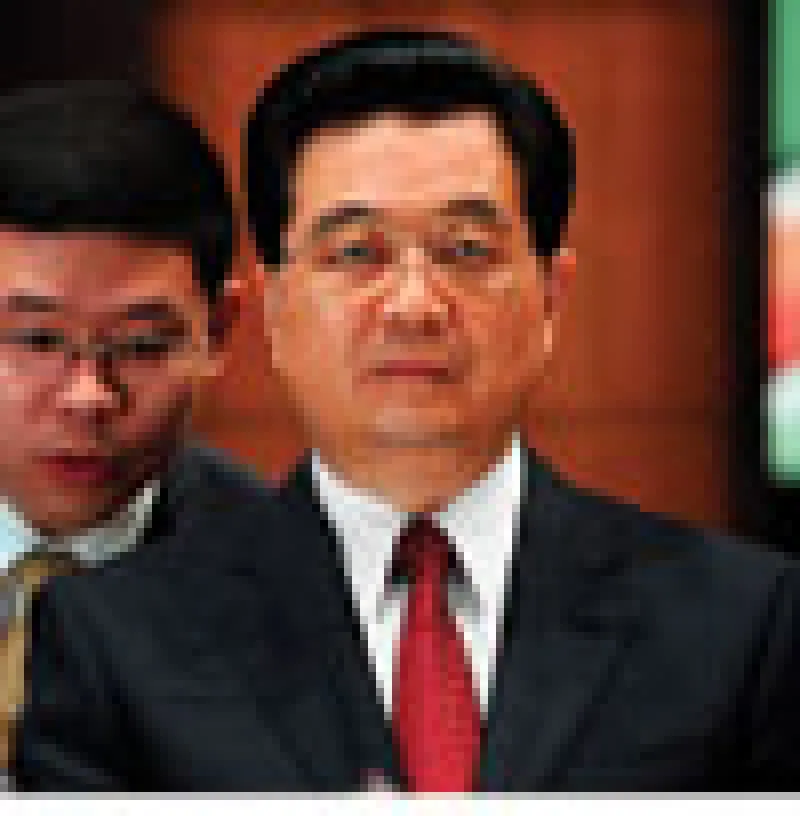
China Wants to Reshape the International Financial System
Beijing is making clear its desire to build a new international economic order.
Allen T Cheng
September 3, 2009


